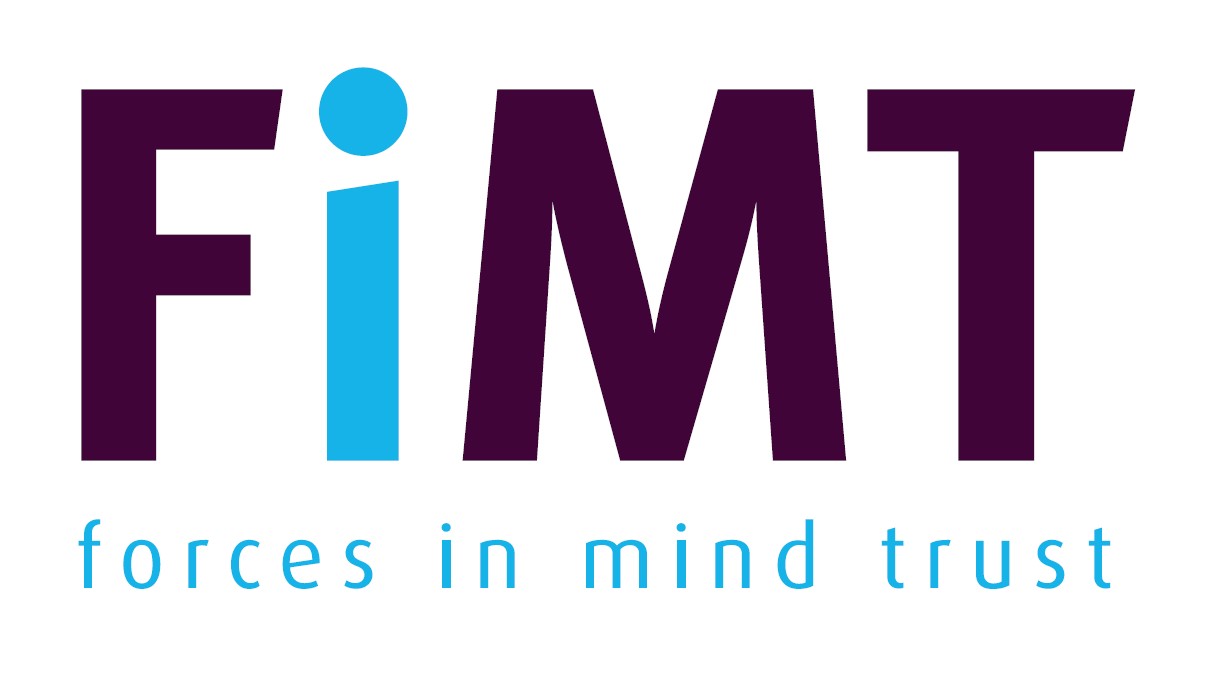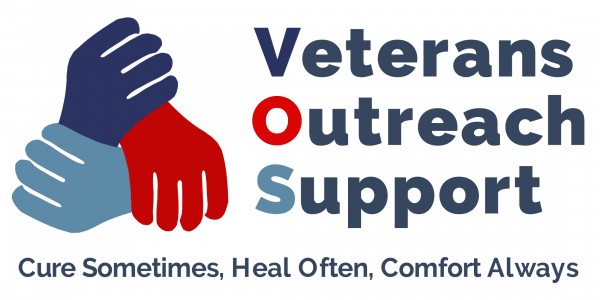A new report outlining changes and challenges to mental health services for veterans in Northern Ireland, funded by the Forces in Mind Trust (FiMT), was released on 23 June 2017, and has identified that there is a need for greater support for veterans with mental and related health and social care problems from statutory services.
The review explores statutory mental health services for veterans, taking into account the sensitive issues within the context of the country’s complex history, current political landscape, and impact of equality legislation. For those who served in Northern Ireland, the incidence of reported mental health problems is higher than average but there is very little data and information about the needs of veterans living in Northern Ireland and how statutory services can meet these needs.
The report, entitled ‘Call to Mind Northern Ireland: Findings from the Review of Veterans’ and their Families’ Mental and Related Health Needs in Northern Ireland’, focuses predominantly on statutory and clinical mental and related health provision for veterans, due to a further significant project (Ulster University’s Northern Ireland Veterans Health and Wellbeing Study) being carried out in Northern Ireland at the same time, the primary focus of which is the voluntary (and statutory excluding NHS) sectors. The Call to Mind report highlights that while Northern Ireland does have mental and related health support structures for veterans, there are gaps in statutory provision and specific areas where further improvements could be made. While mental health is regarded as one of the four most significant causes of ill health and disability in the general Northern Ireland population (along with cardiovascular disease, respiratory disease, and cancer), there remain areas where further improvements could be made, especially in relation to accessing and collecting data relating to veterans, the types of services and treatments being accessed, and the individual outcomes for those with diagnosed mental health conditions receiving therapy-based treatments.
Nine key issues are identified by the report to strengthen the nation’s strategy to meet the needs of veterans and their family members within a complex and still politically charged society. Some key areas identified for improvement are:
- Help seeking amongst veterans – The problems faced by veterans living in Northern Ireland are potentially more complicated and sensitive than those faced by veterans in England, Scotland and Wales due to personal security concerns, making it difficult for them to seek help openly for mental health issues.
- Early intervention and reducing stigma – The veterans’ community needs help to break down barriers to service access and ensure early intervention for mental health problems.
- The Armed Forces Covenant and equality legislation – The complex history of Northern Ireland and perceived conflicts between the Armed Forces Covenant and current equality legislation, has made it difficult for service providers to signpost and provide information specifically targeted at veterans on how to access appropriate services.
- Community-Based Mental Health Provision – Access to specialist residential treatments for veterans in Northern Ireland is limited by large distances, and alternative community-based therapeutic and support programmes should be developed.
Ray Lock CBE, Chief Executive of FiMT, says: “The Call to Mind: Northern Ireland review makes the final, essential contribution to our wider body of work in creating, for the first time, a snapshot of the extent to which the mental and related health needs of ex-Service personnel and their families are being assessed and supported across all four nations of the United Kingdom. The Northern Ireland review, when read together with the findings of our other FiMT-funded project in Northern Ireland, Ulster University’s Northern Ireland Veterans Health and Wellbeing Study, provide a comprehensive evidence base to aid policy maker and service provider decision-making. It is very positive that the review’s key messages and opportunities for further development have come directly from stakeholders who work with veterans, as they have expressed their commitment to delivering services to a high standard to ensure that the particular needs of veterans in Northern Ireland are met.”
Dr Jon Bashford, Senior Partner at Community Innovations Enterprise who led the UK series of reviews, says: “Northern Ireland is leading the UK on developing trauma services and this is rightly focused on the whole population. However, there is a need to ensure that veterans living in Northern Ireland can benefit from these services and related mental health and social care provision, in particular, in the statutory sector. This review highlights some of the barriers and issues faced by these services in meeting the needs of these veterans and their families.”
Read the full report here.
ENDS
Notes to editors
About the Forces in Mind Trust (FiMT):
FiMT came about from a partnership between the Big Lottery Fund (‘the Fund’), Cobseo (The Confederation of Service Charities) and other charities and organisations. FiMT continues the Fund’s long-standing legacy of support for veterans across the UK with an endowment of £35 million awarded in 2012. http://www.biglotteryfund.org.uk/.
The mission of FiMT is to enable ex-Service personnel and their families make a successful and sustainable transition to civilian life, and it delivers this mission by generating an evidence base that influences and underpins policy making and service delivery.
FiMT awards grants (for both responsive and commissioned work) to support its change model around 6 outcomes in the following areas: Housing; Employment; Health and wellbeing; Finance; Criminal Justice System; and Relationships. All work is published in open access and will be hosted on the Veterans Research Hub at Anglia Ruskin University, which is going live in Summer 2017. A high standard of reportage is demanded of all grant holders so as to provide a credible evidence base from which better informed decisions can be made.
Useful links
Website: www.fim-trust.org
Reports: www.fim-trust.org/reports/
Who we have helped: www.fim-trust.org/who-we-have-helped/
Twitter: @FiMTrust
About the Mental Health Research Programme: www.fim-trust.org/mental-health/research-programme/

















